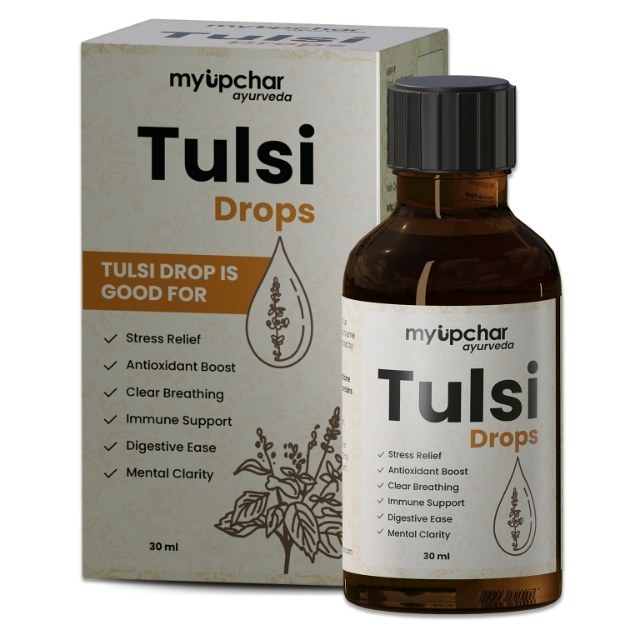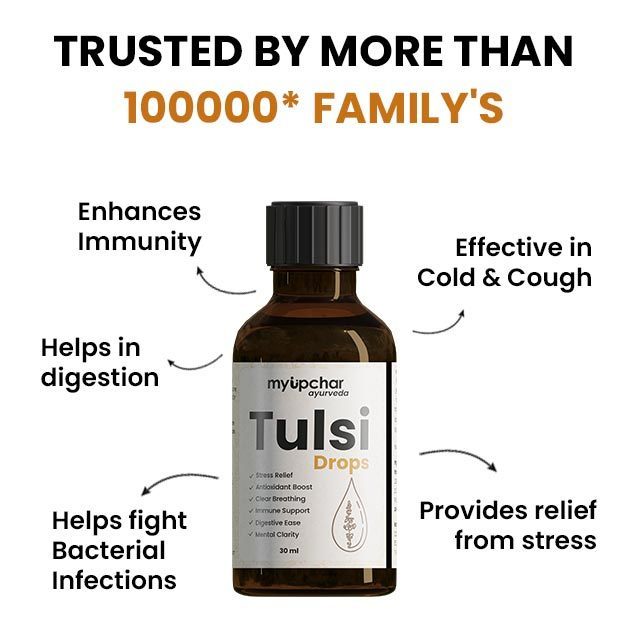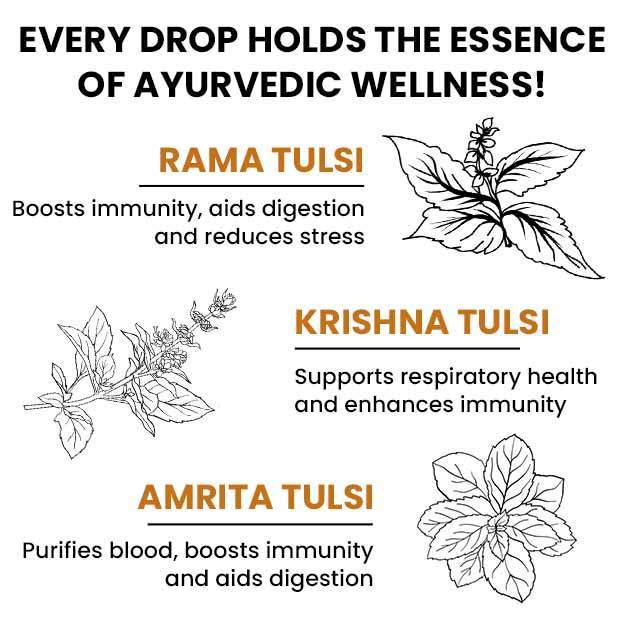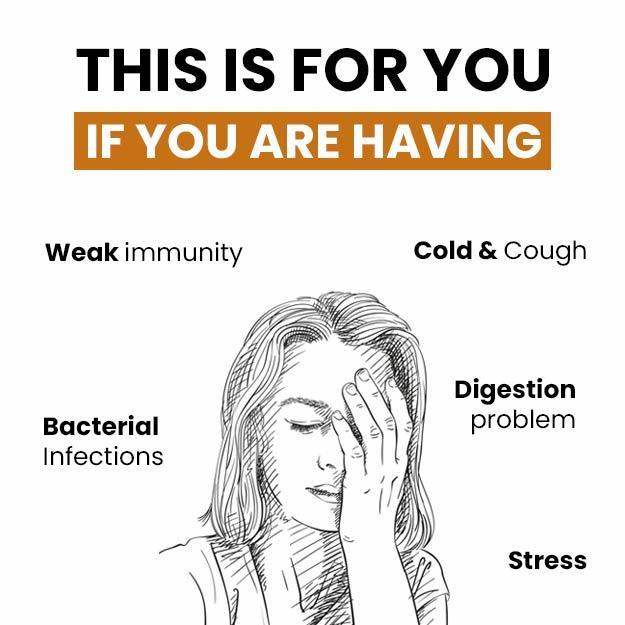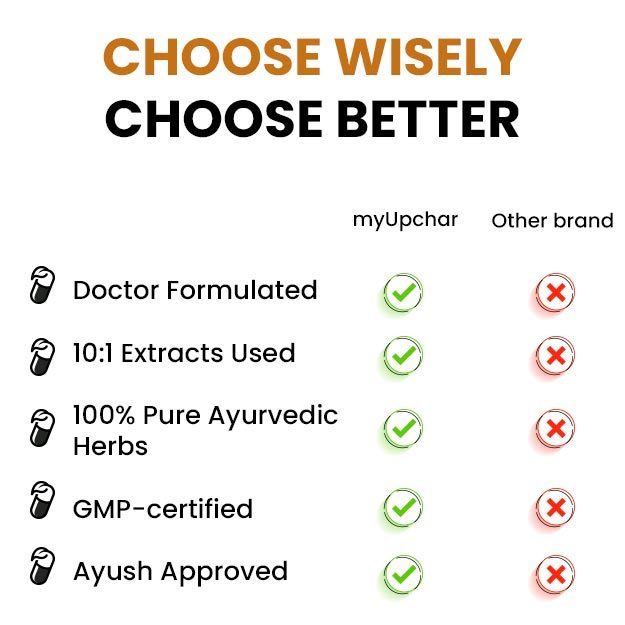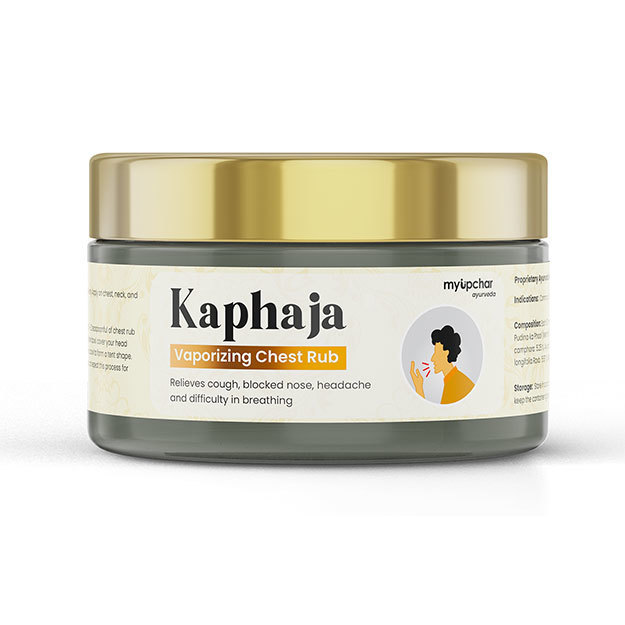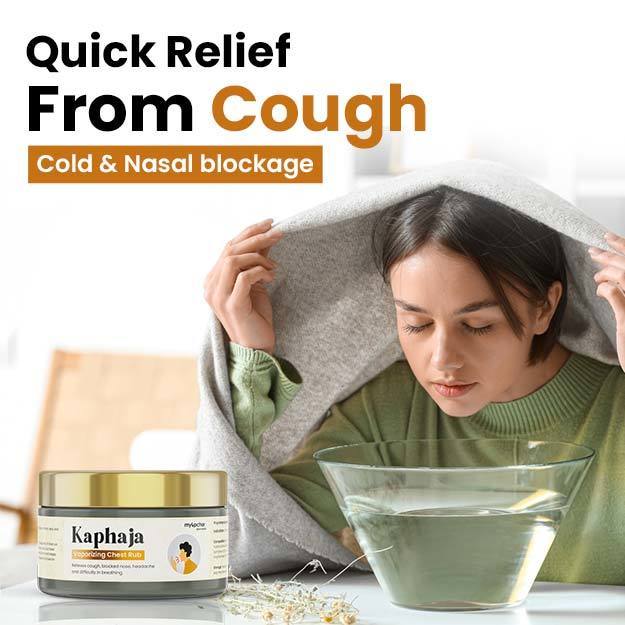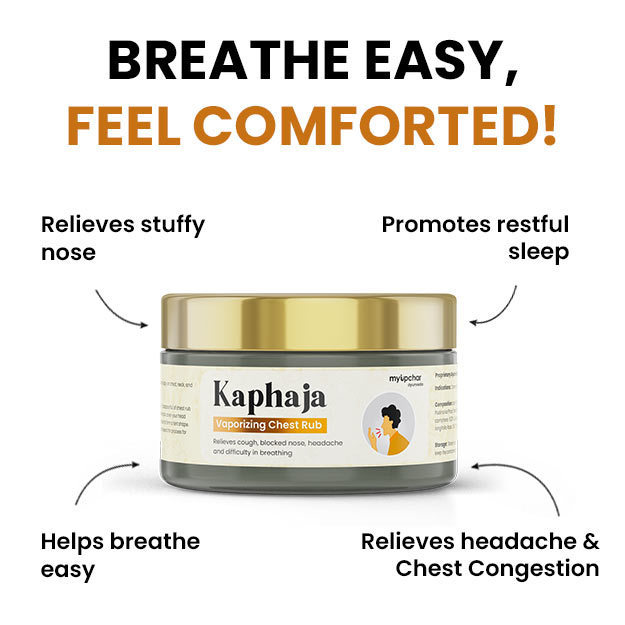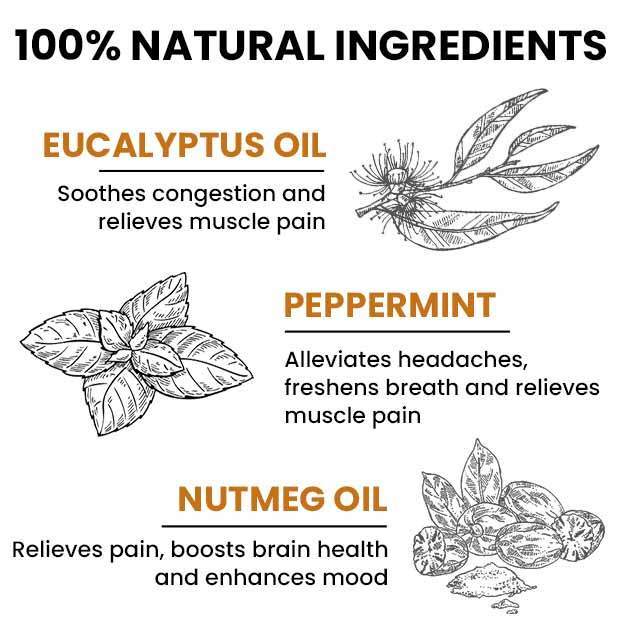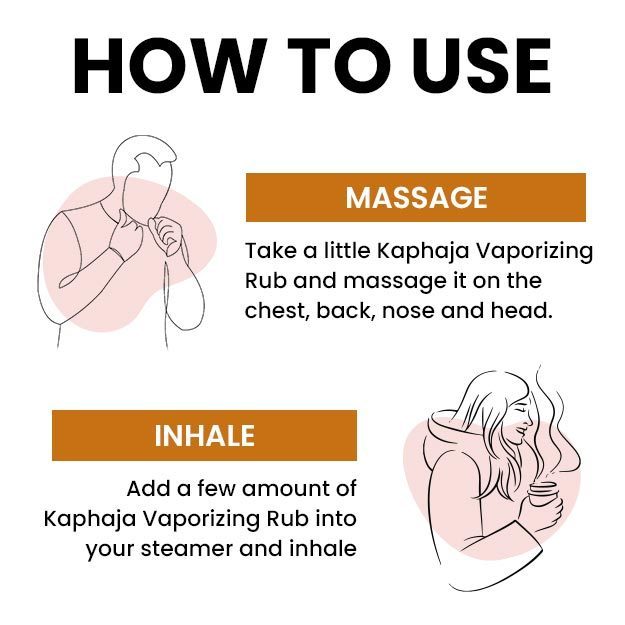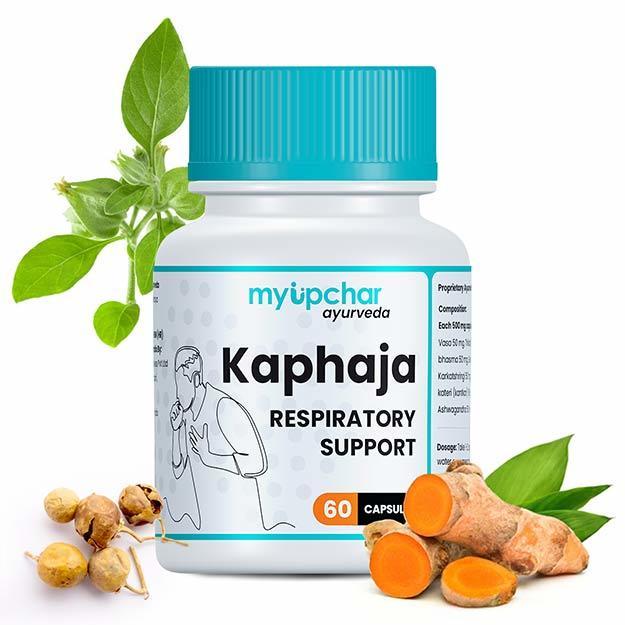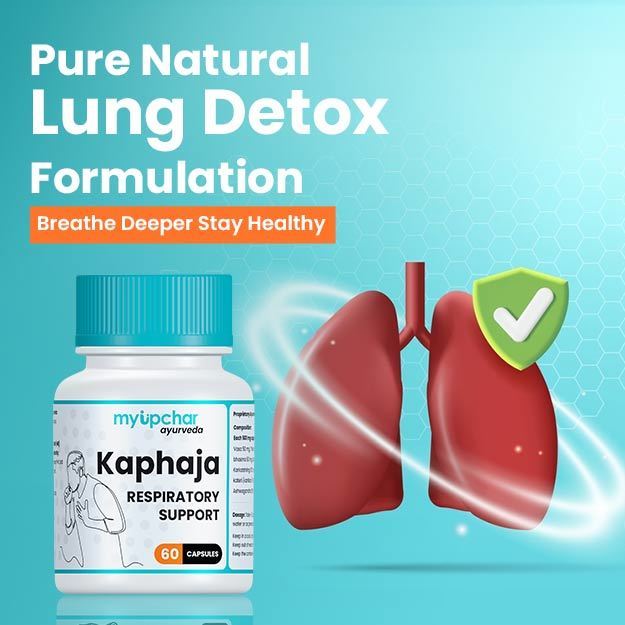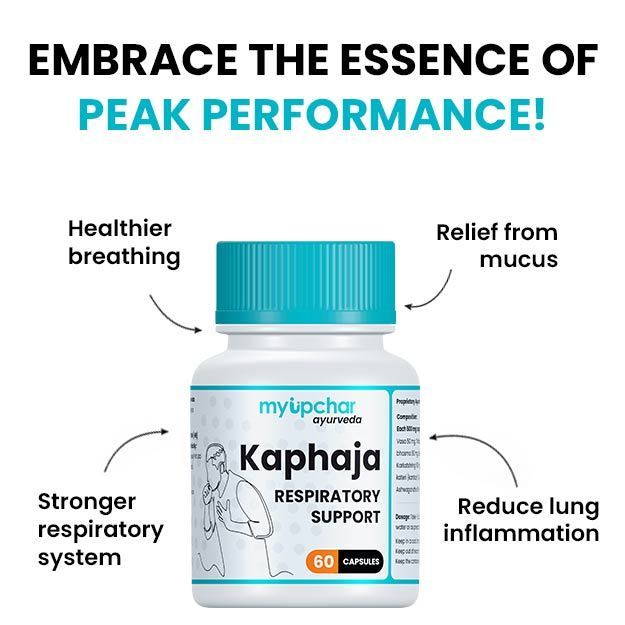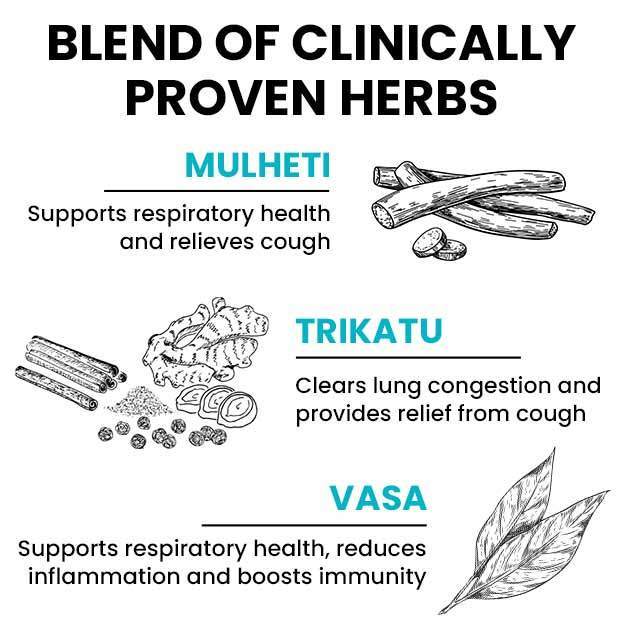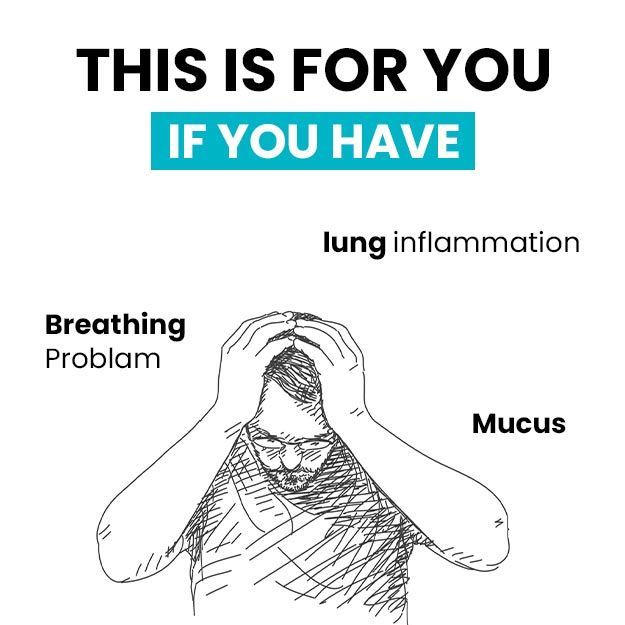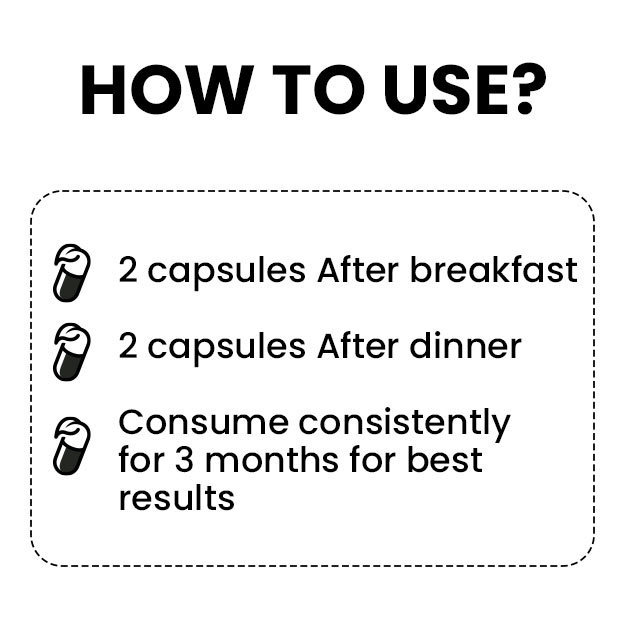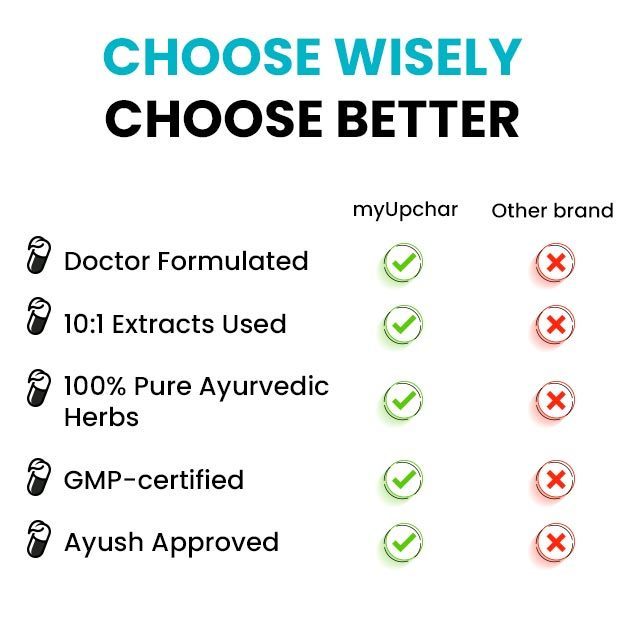Apart from the abovementioned remedies, some of the regular spices and food supplements have been traditionally employed for the treatment of health conditions since ages. Our grandmothers have played a vital role in keeping their use alive by incorporating them in various remedies. Here is a small list of such herbs and supplements that may just become your next go-to remedy for chest congestion:
Vitamin C
You probably know that Vitamin C is helpful in improving immunity. It stimulates the immune system so your body can actively fight against infections and harmful microbes. But what most people don’t know is that vitamin C is also an excellent antioxidant (eliminates dangerous free radicals from the body). This antioxidative property of vitamin C reduces oxidative stress from the body and further helps us to fight against infections. Vitamin C can also reduce the severity and length of cold, cough and congestion.
For optimal benefits you can take vitamin C supplements or can eat citrus fruits and lemons, both are equally effective as far as results are concerned.
Ginger
Ginger tea is usually taken during winters for its warm, cozy and soothing effects. For relief from congestion too, you can consume ginger as such. There various ways to include ginger in foods and drinks:
- Eat diced ginger with little bit of salt or grate it in salads and sprouts
- Drink ginger tea
However, ginger tea can be the best option to get rid of chest congestion. Ginger has a warming effect on the body, which along with the warmth from the tea helps liquefy mucus so it can be easily expelled. Furthermore, ginger provides additional antibacterial and anti-inflammatory properties to this delectable brew. Not only would it provide your respite from the accumulated mucus but also it helps relax muscles so you can relax and rest.
Garlic
Eating garlic may help in reducing the congestion and aids in respiration. The Avicenna Journal of Phytomedicine suggests potent therapeutic effects of garlic on human health. It has antimicrobial as well as anti inflammatory properties, that are helpful in providing relief from infections and mucus accumulation in the body, thus providing relief from a congested chest. Just like ginger, garlic is also a warming spice. This means it promotes liquifIcation of mucus so it can be expelled out with coughing. To get its benefits you just have to grab a bulb of garlic, peel it and swallow it with warm water on an empty stomach. Alternatively, you can also incorporate it in your daily recipes optimally.
Additionally, there are a few less popular options, which can help you in reducing congestion. If you can find them easily, use them as remedy:





